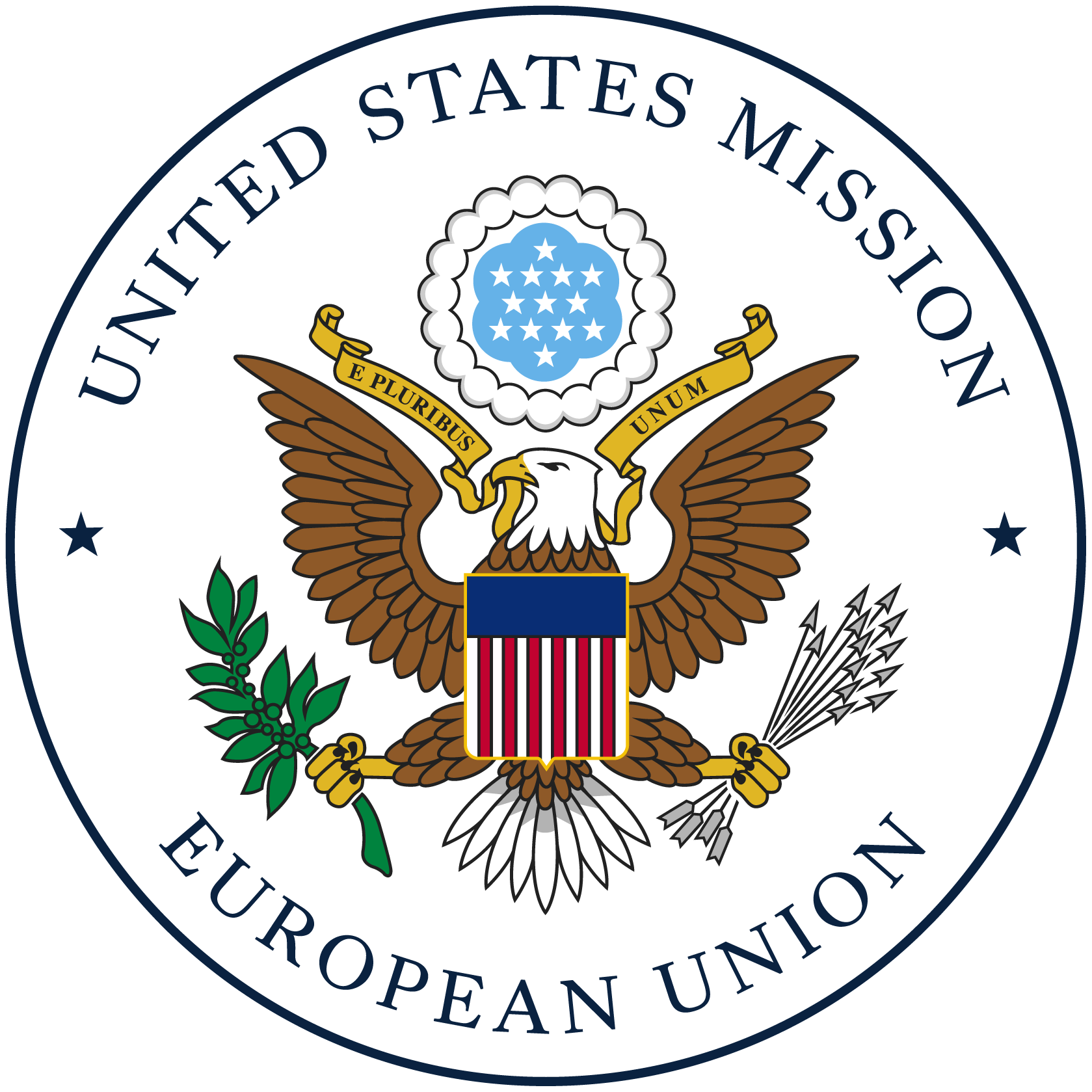Official controls are carried out by the competent authorities in the EU countries to verify business compliance with the requirements set out in agri-food chain legislation. Regulation (EU) 2017/625 of the European Parliament and of the Council of 15 March 2017 is the framework regulation setting our common rules for carrying out these official controls. The scope of the regulation does not only cover food and feed safety throughout production, processing and distribution, but also covers plant health and plant protection, animal health and welfare, and organic production and labeling rules. Official controls can take place at all stages of marketing. The regulation also covers official controls on imports. A subsequent Commission notice on the implementation of Regulation (EU) 2017/625 of the European Parliament and of the Council (Official Controls Regulation) 2022/C 467/02 compiles further clarifications and best practices in order to contribute to a harmonized understanding and application of the provisions by Member States’ competent authorities and stakeholders.
The Official Controls regulations sets out a risk-based control system. Mandatory channeling of products to border control entities and uniform frequencies for checks apply to live animals, products of animal origin, plants and plant products because of the risk those commodities might pose in relation to animal or plant health respectively.
Many feed and food products of non-animal origin are not required to enter through specific border entities and do not need to undergo mandatory checks prior to their entry into the EU. One notable exception is food and feed of non-animal origin which is temporarily subject to mandatory border controls due to the existence of an identified risk. These products are listed under Commission Implementing Regulation (EU) 2019/1793 of 22 October 2019, Article 12 of Implementing Regulation (EU) 2019/1793 requires the Commission to review the lists set out in the Annexes on a regular basis, and not exceeding six months.
In order to increase transparency on the relevant criteria and considerations, in the context of periodic reviews under Article 12 of that Regulation, the Commission has adopted a notice, published on 11 July 2022:Commission Notice on information related to risks and non-compliance in the context of periodic reviews of Commission Implementing Regulation (EU) 2019/1793.
DG Health and Food Audits and Analysis is the European Commission’s auditing body in the food safety area. This Commission division carries out controls to ensure that the national authorities in EU countries and non-EU countries exporting to the EU are fulfilling their legal obligations.
The EU has developed specific food and feed legislation in the following main areas: animal nutrition, food labeling and nutrition, biotechnology, novel foods, contaminants, residues and food contact materials, food hygiene, additives. The European Commission’s DG SANTE website has extensive information on all of these categories of legislation. Information pertaining to the exports of U.S. agricultural products can be found in the section Import Conditions.

